EDELWEISS GMBH & CO. KG
A modern company with a strong sense of tradition
Edelweiss has been based in the town of Kempten at the heart of the Allgäu region since 1892. The region has been known for its speciality cheeses and dairy products for centuries, and it is here that we manufacture familiar and popular brands, such as Milkana, Bresso and Brunch.
The Allgäu is also where we source the most important ingredient for our cheeses – good, fresh milk, produced by dairy farmers we trust, right on our doorstep.
We are one of the global French group SAVENCIA SA’s largest and most modern factories. Every day, our 450 committed employees work hard to continually improve our products and to make high-quality, delicious cheeses for our customers to enjoy.
We are committed to both tradition and sustainable business practices, and we’re not afraid to break new ground. And that’s what makes us so successful.

The history of Edelweiss
In 1892, the Edelweiss company was founded as a small, regional cheese dairy making just one innovative product. Since then, the Camembert producer has developed into the flagship factory of a global company that today manufactures three important brands in Kempten. Key to this transformation were the entrepreneurial foresight of our founder and his successors, the value they placed on the Edelweiss brand – which is as old as the company itself – and their commitment to a socially responsible company culture. These values remain embedded at Edelweiss to this day.
1892 – 1940
The founding generation of Edelweiss
After learning the fundamentals of Camembert production in Paris, Edelweiss’s founder Karl Hoefelmayr returned to Kempten in 1892 and established his factory: the Edelweiss Camembert Fabrik K. Hoefelmayr. He produced the company’s first Camembert in Albrechts near Günzach and already registered the Edelweiss name and logo in 1893. In 1894, the production was moved to Kempten, where it still stands today. Shortly afterwards, Edelweiss began exporting its first varieties of Camembert in individual boxes to countries all around the world. By 1914, Edelweiss had over 200 employees. During this period, the company expanded its range with lactose and powdered milk products, modernised its factory and built a number of facilities for its workers, including a canteen, baths and a residential building.
1940 – 1961
The second generation at Edelweiss
After Karl Hoefelmayr died in 1940, his sons Karl and Hanns Hoefelmayr took over leadership of the company, which continued to expand over the following years. Technological refurbishment enabled the production of a wide range of dairy products, increasing the company’s revenue tenfold. From 1948 onwards, the company became known as Edelweiss-Milchwerke K. Hoefelmayr and operated factories in both Kempten and Schlachters in the Lindau district. The 100 g Brie triangle was introduced in 1952, with production volumes soon reaching up to 2,000 tonnes annually.
1962 – 2002
Edelweiss and Unilever
Unilever acquired Edelweiss-Milchwerke K. Hoefelmayr in 1962. Over the following years, Unilever’s German subsidiary Union Deutsche Lebensmittelwerke GmbH expanded the company’s buildings and facilities. New technologies enabled Edelweiss to develop innovative products and explore new market segments. The company created extensive brand and product ranges. In particular, this period was shaped by the introduction of several new brands and products: Ramee Camembert in 1962; a whipped fresh cheese with the brand name Bressot (now Bresso) in 1976; and the 200 g Milkana tubs in 1977. Brunch cream cheese spread joined these products on the market in 1995. In 2000, the production of Unilever’s processed cheese products was centralised with the construction of a dedicated factory in Kempten. The implementation of TPM (Total Productive Maintenance) in 1996 marks a huge efficiency milestone for the company. Over the following years, Edelweiss received multiple awards for successfully introducing TPM.
2003 – 2020
Edelweiss and Bongrain/SAVENCIA Fromage & Dairy
The 2003 integration of Edelweiss into the Bongrain family business group heralded a return to the company’s roots: the production of high-quality speciality cheeses. As the group’s most advanced processed cheese factory worldwide, Edelweiss took on a leading role in the research and development of new products and technologies. In 2008, the managing directors of Edelweiss demonstrated their social responsibility by founding the charitable association Gegen Noma-Parmed e.V. In addition to this, Milkana processed cheese has been GMO-free since 2013. After rebranding in 2015, Bongrain SA became known as Groupe SAVENCIA. In 2017, Edelweiss and all its employees celebrated the company’s 125-year anniversary.
Who we are
You’ve probably already heard about our brands. Customers have enjoyed the delicious taste of Milkana, Bresso and Brunch for decades. What you might not have heard is that we manufacture these products in the Allgäu region in one of the most efficient factories in Europe.
The dairy industry has traditionally been very important in the Allgäu region, which has been our home for over 125 years. Sustainability and a close relationship with nature have always been key here, and they remain that way to this day. Edelweiss GmbH & Co. KG is a wholly owned subsidiary of the SAVENCIA SA global business group based in France. This means that we combine an international profile with our strong roots in the Allgäu region.
Our guiding principles
The outstanding quality of our products, ethical and socially responsible business management and maximum efficiency in our production processes are what matter most to us. We have been employing TPM (Total Productive Maintenance) of the highest standard in our factory processes for over two decades. This combines the continuous optimisation of our business processes with the inclusion of all employees in the improvement of those processes. For over ten years, we have been one of just a few companies globally recognised with the Special Award for TPM Achievement
Our forward-looking business approach is shaped by our combination of regional focus and innovative strength, by our conjunction of results optimisation and employee orientation and by our commitment to sustainability. That goes for both our internal processes and for the support and guidance we provide to our regional dairy suppliers in ensuring animal welfare and the responsible use of resources.
Our roots
We are strongly rooted in our home region of the Allgäu. Find out what makes the region so special and how we chose our company logo.
Edelweiss – a symbol of something special
Our founder Karl Hoefelmayr chose and registered our logo, the alpine edelweiss flower, to represent his speciality cheeses. It symbolises the characteristics we have represented for over 125 years: nature, purity and health – and, of course, our home region of the Allgäu. We think it’s rather special. Just like us.
Our home in the Allgäu region
The picturesque Allgäu region in southernmost Germany is characterised by natural and cultural diversity. The low foothills lead to the stunning Lake Constance in the west. Around Kempten, they transform into a gently rolling landscape of lush green hills before rising up to become the jagged peaks of the Alps.
Here, people and animals live in harmony with nature. The unspoiled landscapes and pristine natural world offer an escape from the hustle and bustle elsewhere. In summer, visitors can hike on the scenic Alps and watch cheesemakers at work; in winter, they can wander through stunning snowy landscapes before warming up in a cosy log cabin.
Our local Braunvieh cattle, a hardy and long-lived breed, have plenty of space to live healthy, happy lives in the meadows of the Allgäu. A fortunate side effect of their grazing is that they help to maintain the region’s cultural landscape.
Every year, a special event takes place in the Allgäu: the traditional Viehscheid, or cattle-sorting festival. After a summer of grazing on the Alps, the cows are brought back to the valley decorated with wild flowers and to the sound of celebratory bells.
But there’s a lot more than agriculture to recommend in the Allgäu. An increasing number of new and leading industries are turning the Allgäu into a vigorous, forward-looking region.
The cultural landscape ranges from traditional customs to modern events. From local folk music to performances by international superstars, there’s something for everyone in the Allgäu.
The Allgäu is both traditional and modern. And so are we.
Our group


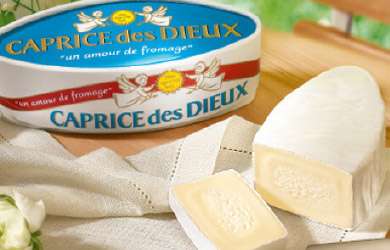
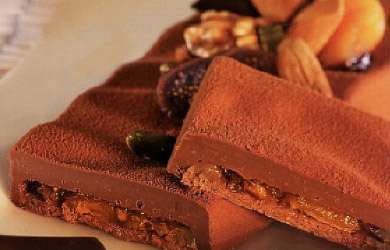
Groupe SAVENCIA Saveurs & Spécialités
The story of Groupe SAVENCIA began in 1956 with Caprice des Dieux – a soft cheese that revolutionised the market. Today, the group is listed on the stock exchange and is composed of two divisions: SAVENCIA Fromage & Dairy, the top producer of speciality cheeses and dairy products worldwide, and SAVENCIA Gourmet, a leader in high-quality chocolate specialities and fine sausage and fish products. You can find out more about Groupe SAVENCIA in its most recent annual report, on its website and in this video.
With a turnover of around 6.6 billion euros*, SAVENCIA Fromage & Dairy employs over 21,500 people worldwide. Its products can be found in 120 countries, including Brazil, USA, Japan, China and throughout Europe. Two companies are located in Germany: SAVENCIA Fromage & Dairy Deutschland GmbH in Wiesbaden and Edelweiss GmbH & Co. KG in Kempten.
*Turnover in 2022
Our associated company in Wiesbaden
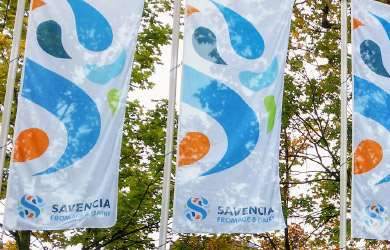



SAVENCIA Fromage & Dairy Deutschland GmbH
Milkana, Bresso and Brunch are produced in Kempten. However, our sister company SAVENCIA Fromage & Dairy Deutschland in Wiesbaden is responsible for marketing and distributing our branded products.
In addition to our Edelweiss brands, our colleagues in Wiesbaden also have a number of famous French premium speciality cheeses in their portfolio – the most famous of which are Géramont, Fol Epi, Saint Albray and Chavroux.
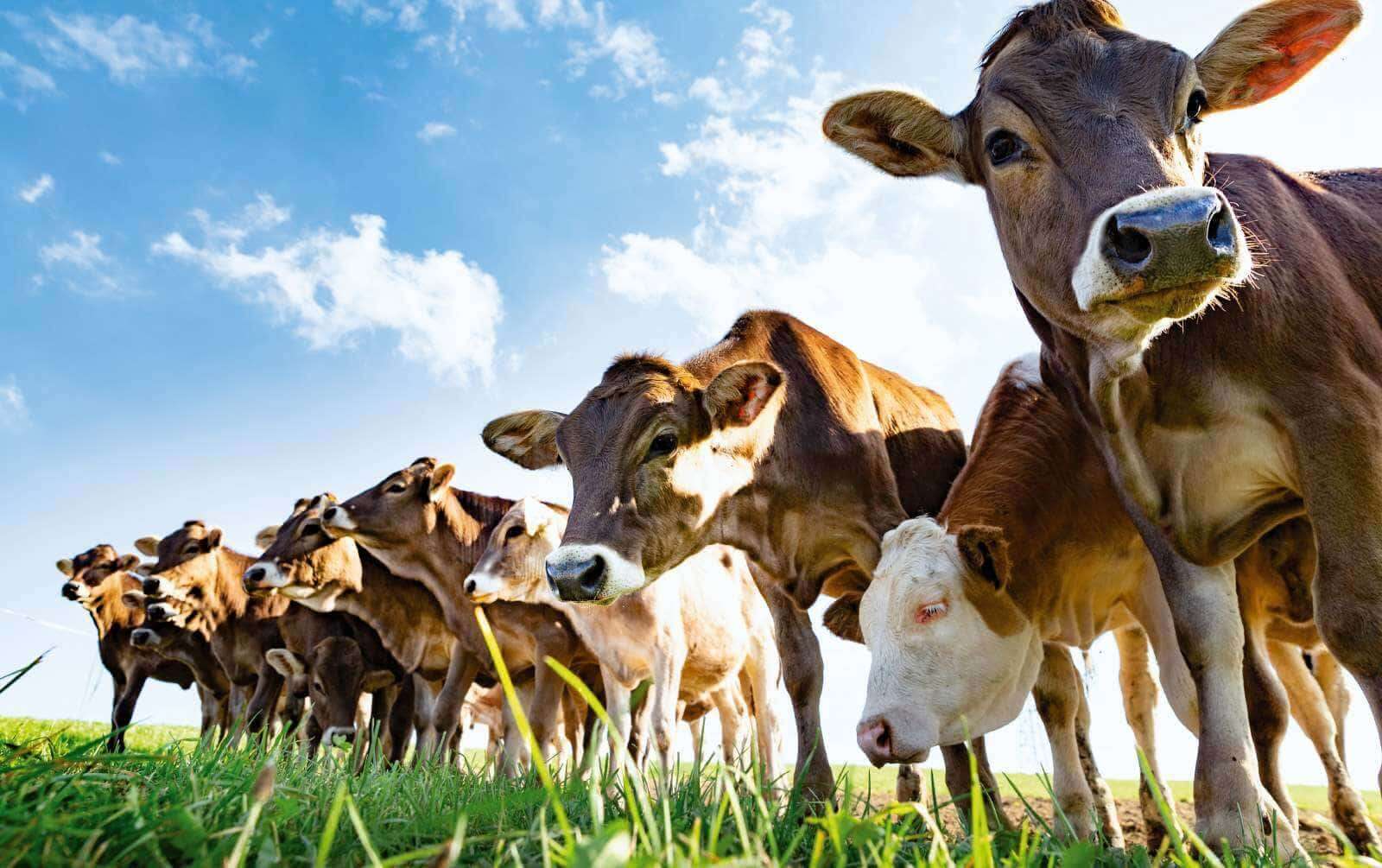

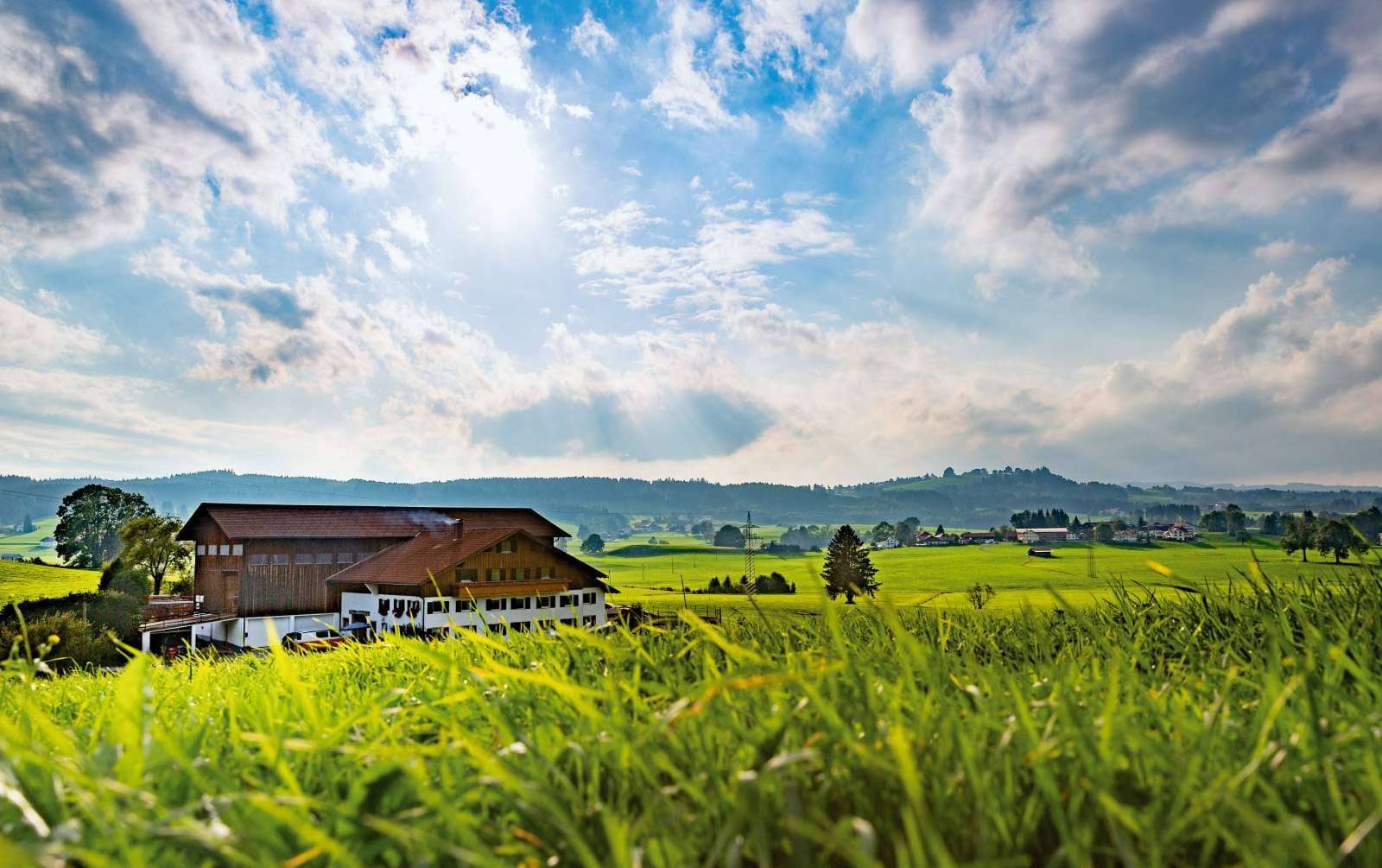
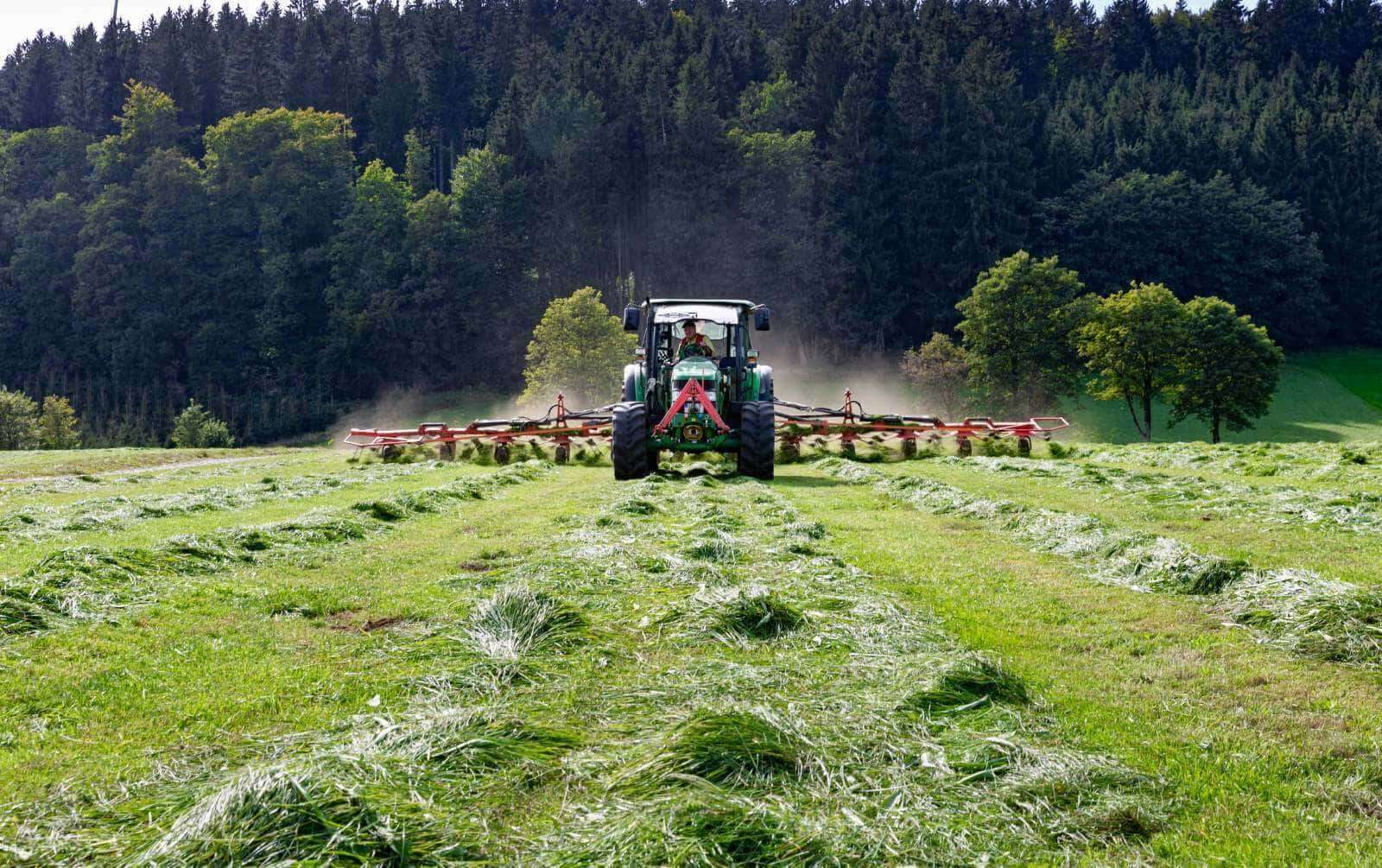

this site
important to us!